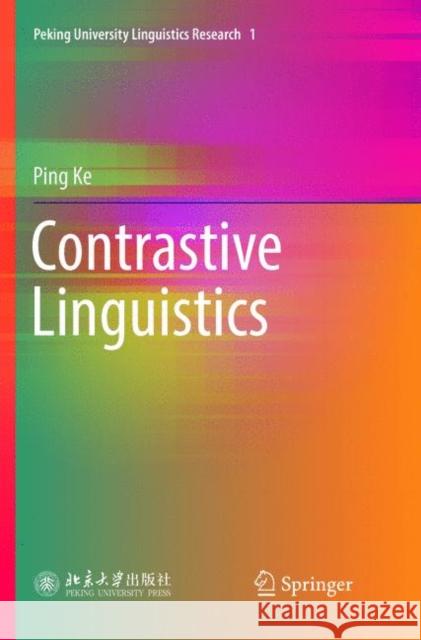Contrastive Linguistics » książka
topmenu
Contrastive Linguistics
ISBN-13: 9789811346231 / Angielski / Miękka / 2019 / 210 str.
Kategorie:
Kategorie BISAC:
Wydawca:
Springer
Seria wydawnicza:
Język:
Angielski
ISBN-13:
9789811346231
Rok wydania:
2019
Wydanie:
Softcover Repri
Numer serii:
000840451
Ilość stron:
210
Waga:
0.32 kg
Wymiary:
23.39 x 15.6 x 1.22
Oprawa:
Miękka
Wolumenów:
01
Dodatkowe informacje:
Wydanie ilustrowane











